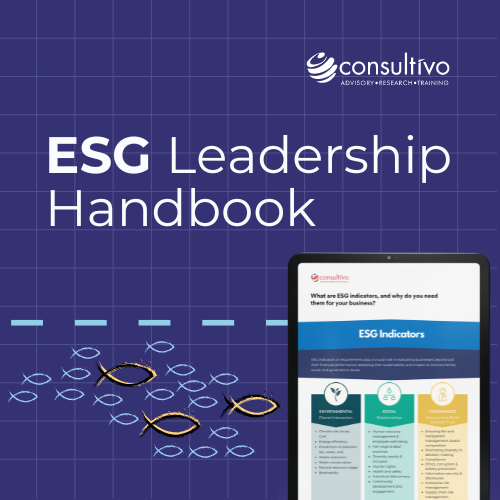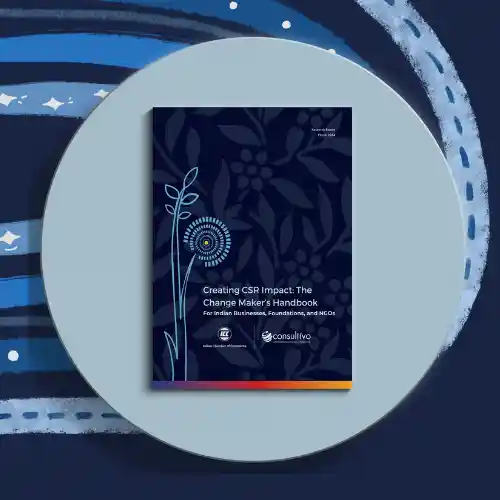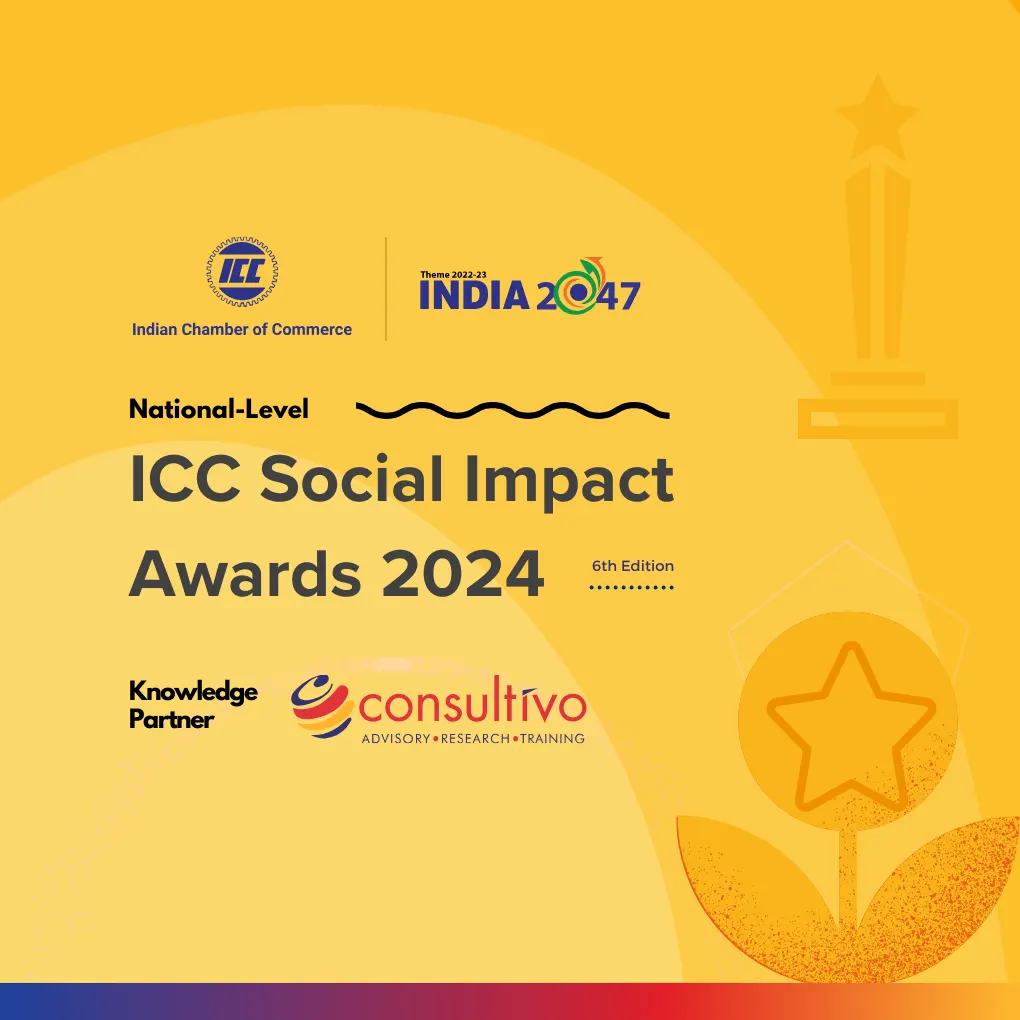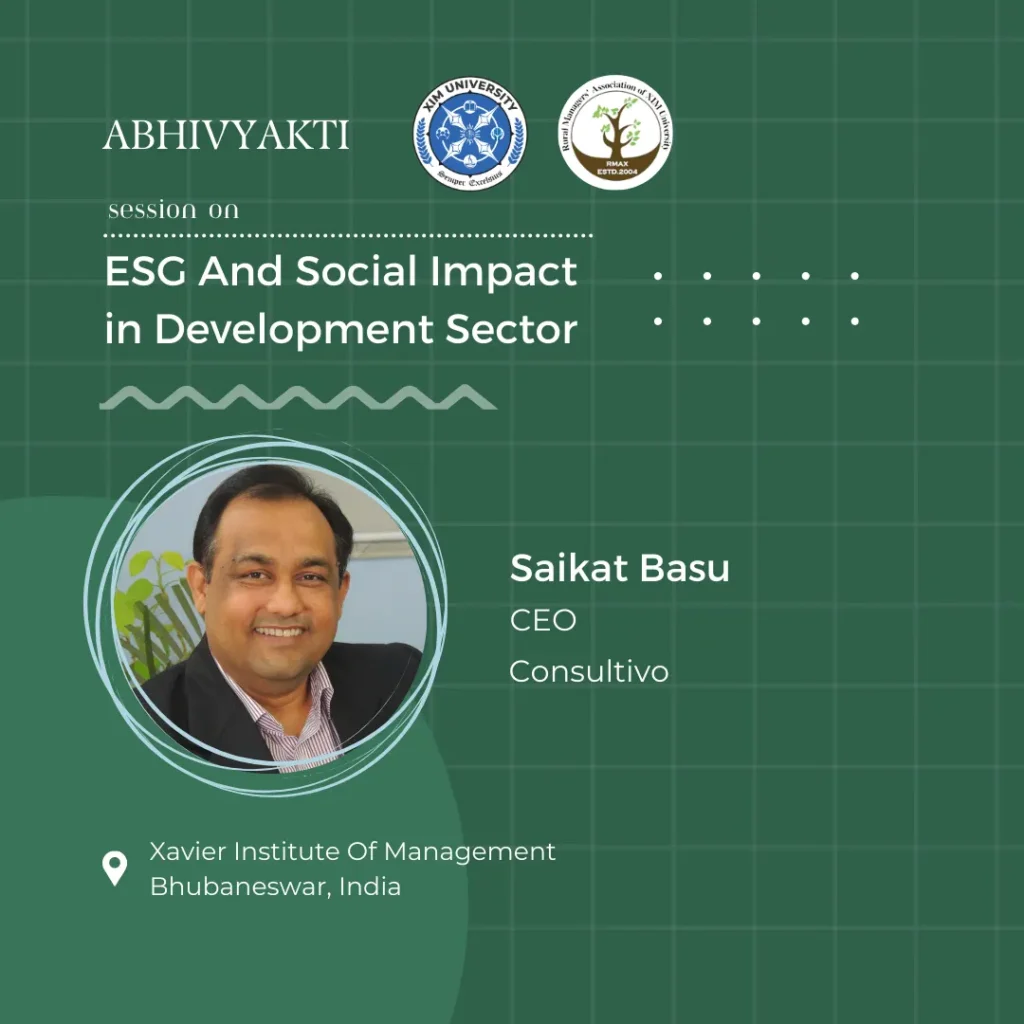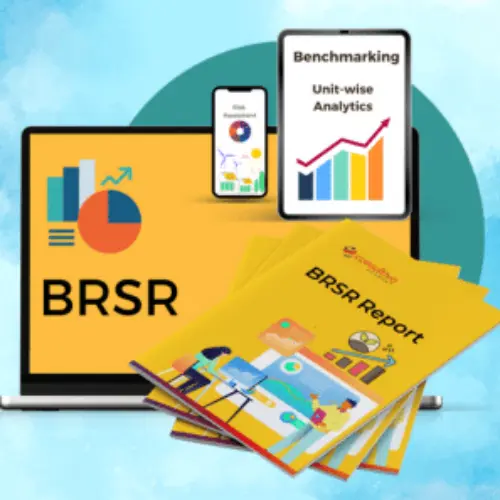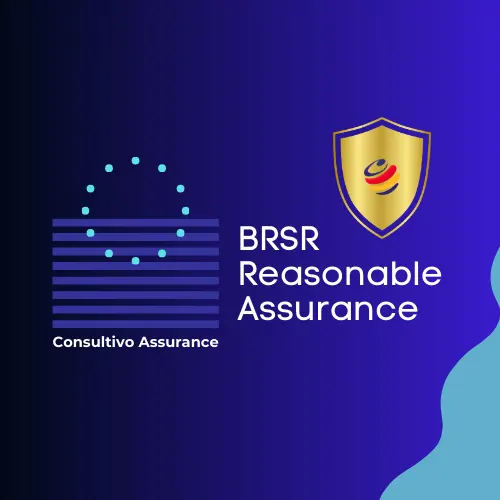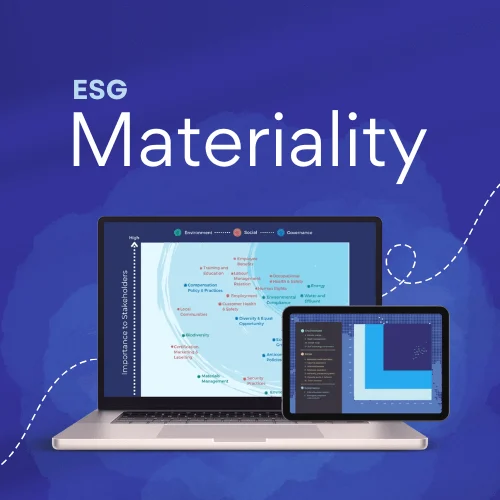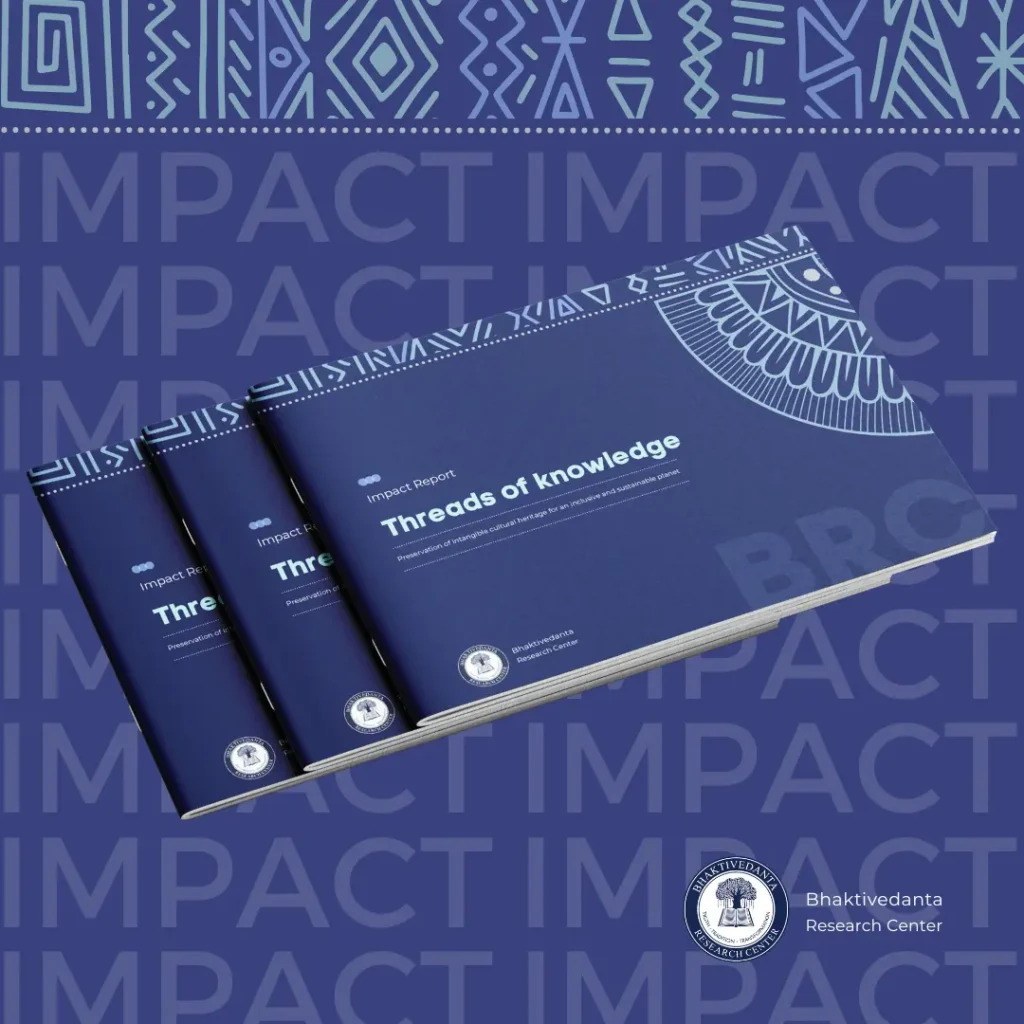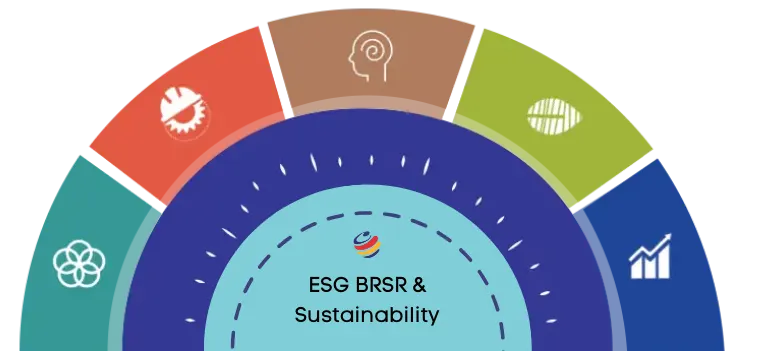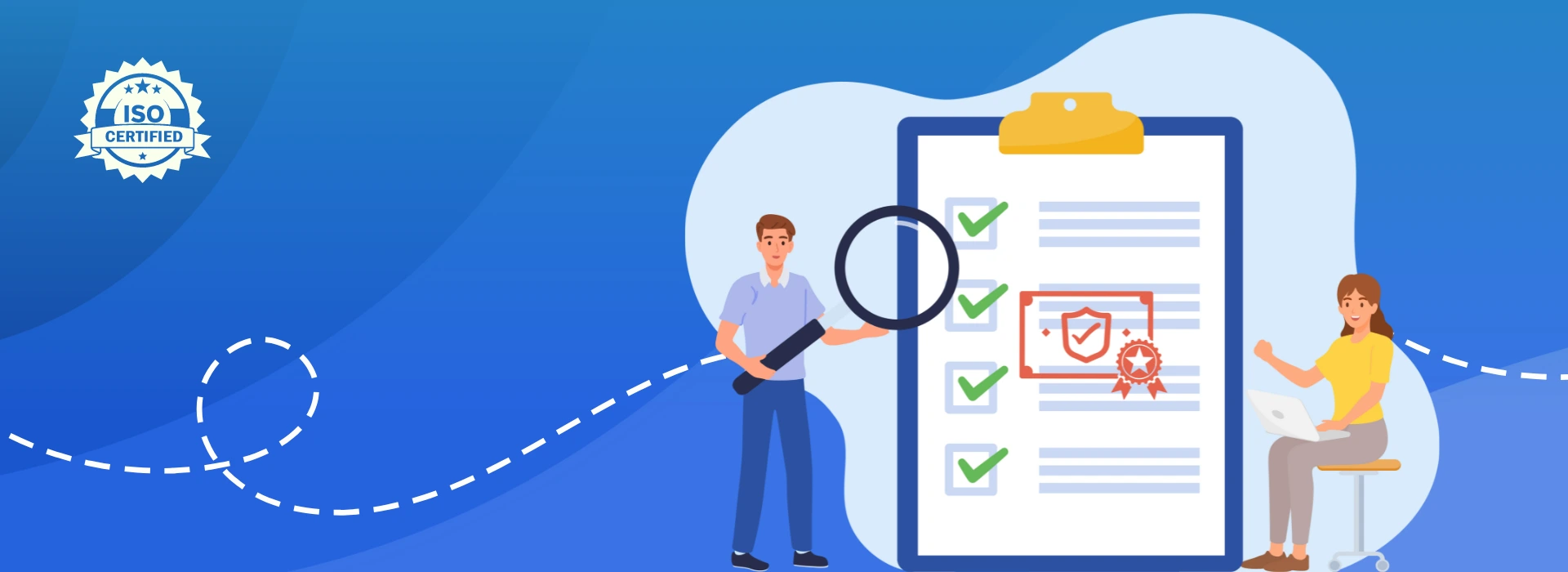
12 Sep 2024 UNDP ISO PAS 53002: In an ambitious move to accelerate progress towards the United Nations Sustainable Development Goals (SDGs), the International Organization for Standardization (ISO) and the United Nations Development Programme (UNDP) have launched the world’s first international guidelines for businesses and organisations.
Unveiled at the ISO Annual Meeting 2024 in Cartagena de Indias, Colombia, these guidelines, ISO PAS 53002, provide a practical framework for businesses across the globe to align their strategies and operations with the SDGs, ensuring more substantial contributions toward a sustainable future.
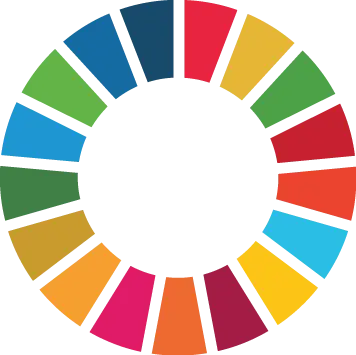
ISO PAS 53002: A Key Milestone in SDG Progress
The ISO PAS 53002 guidelines were developed to enable businesses to transition from mere SDG alignment to impactful SDG action. With only six years remaining until 2030, the pressure to achieve global sustainability targets has intensified, as outlined in the 2024 UN report, which indicated that only 17% of SDG targets are on track. ISO 53002 responds to this urgent need, offering a structured and internationally agreed-upon pathway for organisations to integrate SDGs into their core business models.
ISO Secretary-General Sergio Mujica highlighted the significance of this development, stating, “These guidelines allow all types of organisations—public, private, large, small, new, or well-established—to place SDGs at the core of their operations. For the first time, we have a common approach to align strategies with the SDGs and document progress toward achieving them.”
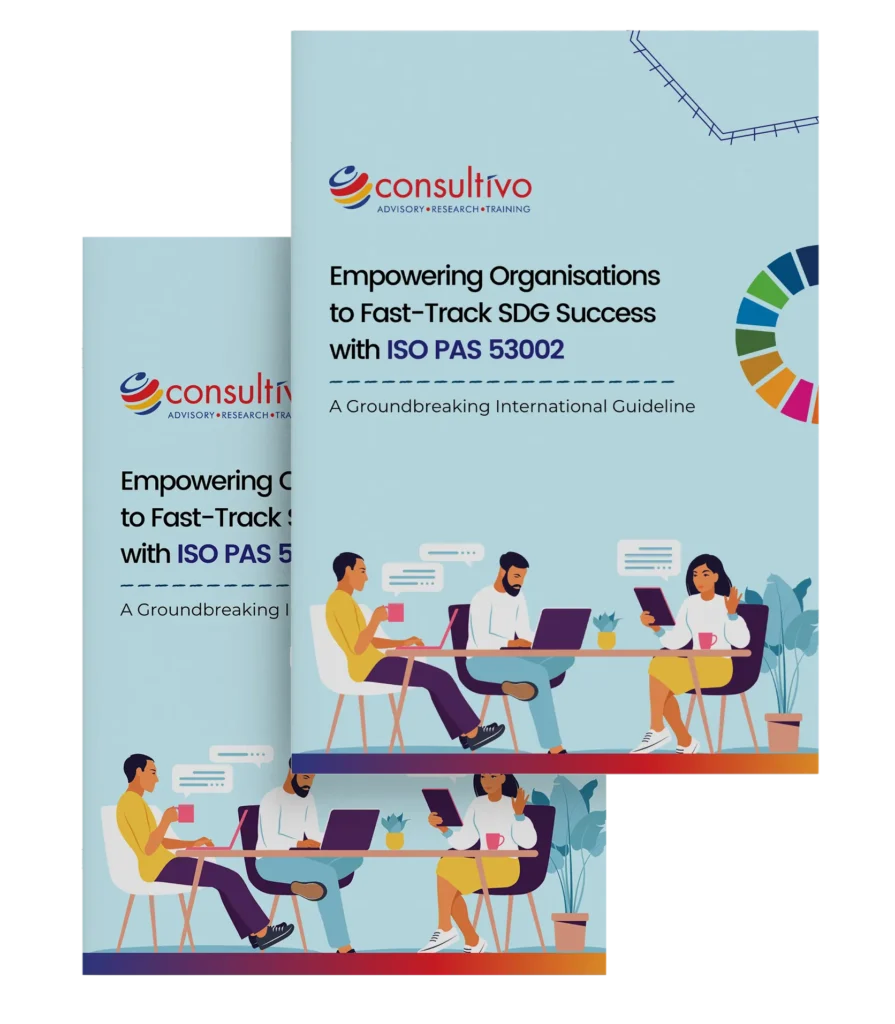
Why ISO PAS 53002 is Critical for Organisations
ISO 53002 or the UNDP ISO PAS 53002 is a game-changer for several reasons:
- Holistic Integration of SDGs: It provides a comprehensive guide for organisations to incorporate SDGs into every aspect of their operations, from strategic decision-making to day-to-day functions.
- Practical Tools for Businesses: The guidelines offer actionable advice on how to align sustainability initiatives with broader organisational goals, improving both business performance and social impact.
- Risk and Opportunity Management: By anticipating risks related to sustainable development and identifying opportunities early, organisations can innovate and allocate resources more effectively.
- Accountability and Impact: The guidelines enhance accountability by enabling businesses to monitor and document their progress in achieving SDG-related outcomes.
A Collective Approach for Global Change
The collaborative nature of ISO PAS 53002 was further emphasised by UN Assistant Secretary-General Marcos Neto, who underscored the importance of collective action. “Achieving the SDG targets by 2030 necessitates collective action from governments, civil society, the private sector, and communities,” Neto remarked.
The guidelines are poised to foster this collective approach, ensuring that organisations understand their roles in contributing to the SDGs effectively.
In addition to benefiting private organisations, the guidelines also serve as an essential tool for implementing national SDG plans, ensuring governments and businesses are aligned in their sustainability efforts.
As a result, ISO PAS 53002 or ISO 53002 aims to drive systemic change across industries, ensuring that sustainability becomes a key pillar of global business practices.
Looking Forward: The Path to Standardisation
The release of ISO PAS 53002 marks just the beginning of ISO and UNDP’s partnership. The guidelines, developed by a committee of international experts hosted by Danish Standards, are expected to evolve into the first International Standard for the UN SDGs.
This future development will be based on the UNDP’s SDG Impact Standards and relevant ISO standards, creating a more robust framework for organisations to measure, track, and report their contributions to sustainable development.
Benefits of Implementing ISO PAS 53002
- Accelerates SDG Progress: By offering a standardised approach to sustainability, ISO PAS 53002 empowers organisations to contribute effectively to global SDG targets.
- Improved Resource Allocation: The guidelines enable businesses to allocate resources more strategically by aligning sustainability initiatives with long-term business goals.
- Enhanced Accountability: Organisations adopting ISO PAS 53002 can monitor their impact on people and the planet, reinforcing transparency and accountability.
Boosts Business Performance: Beyond compliance, organisations that integrate SDGs into their operations may see improved financial performance as they attract sustainability-minded investors and customers.
A Step Towards a Sustainable Future
The ISO 53002 guidelines represent a significant milestone in global sustainability efforts. By providing organisations with a clear path to SDG action, the guidelines are expected to fast-track progress toward achieving the UN’s 2030 Agenda.
As ISO and UNDP continue to collaborate on developing standards that support sustainability, businesses and organisations of all sizes now have the tools they need to make meaningful contributions to the SDGs and create a more sustainable world.
For more information about the guidelines, visit iso.org/SDGguidelines.
At Consultivo, as a leading ESG Consulting firm, we empower organisations to strategically contribute to the United Nations Sustainable Development Goals (SDGs).
We recommend the adoption of the ISO PAS 53002 framework to streamline your ESG strategy, policy development, the implementation of initiatives, measurement & monitoring of programs, and ESG disclosure processes. To learn more about how ISO 53002 can benefit your organisation, reach out to us at [email protected].
Let’s work together to advance your ESG journey in a systematic and impactful way.
About Consultivo:
Consultivo is a management advisory and consulting firm helping global businesses in the areas of ESG, Sustainability, Business Excellence and Risk Management – both in strategic and operational levels.
Share this post
Category: News & Events
Tags: Consultivo
Related insights
Blogs
Knowledge Bank
Knowledge Bank
News & Events
News & Events
Blogs
Blogs
Blogs
News & Events
View more in Impact Stories | Blogs | Knowledge Bank | News and Events



